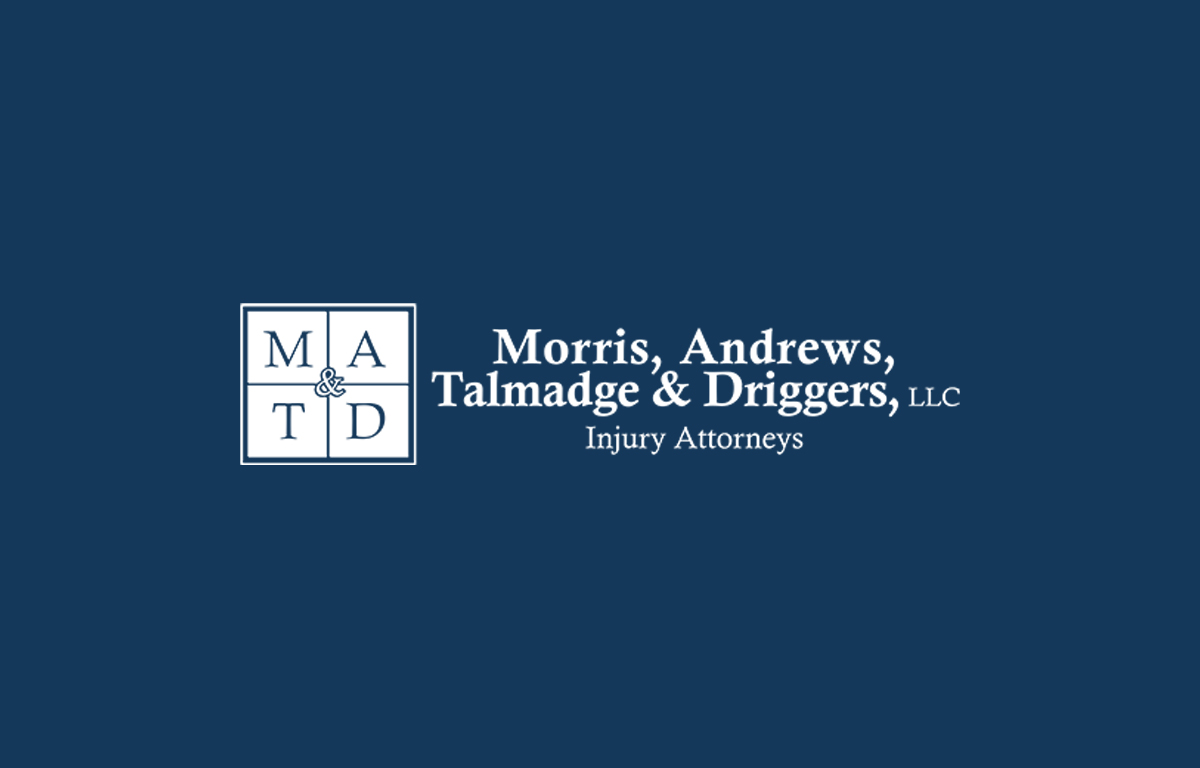Recently, a lawsuit was filed in Massachusetts to address Bank of America’s questionable practices. According to the sworn testimony of six former employees, they were encouraged to lie to customers about their eligibility for a Home Affordable Modification Program (HAMP) loan modification—as this would ultimately bolster the company’s chances of raking in more fees. In fact, numerous employees were offered cash incentives to deny qualified applicants the possibility of a loan modification. Rather, they were encouraged to steer customers in the direction of a costlier “in-house” loan, which offered rates that were three points higher than the 2% rate that was available under HAMP guidelines.
One former Bank of America collector, Theresa Terrelonge, explained that “Bank of America was trying to prevent as many homeowners as possible from obtaining permanent HAMP loan modifications while leading the public and the government to believe that it was making efforts to comply.” Numerous other employees went on to say that customers were given little choice but to accept a more expensive and less favorable modification. To reward these fraudulent practices, it was alleged that Bank of America even paid bonuses to their employees for each new foreclosure that they initiated. Despite these accusations, however, the company denies being anything but compliant with federal regulations.
In a statement that was released by Bank of America, they explain that “while [they] will address the declarations in more depth when [they] file [their] opposition to plaintiffs’ motion next month, suffice it is to say that each of the declarations is rife with factual inaccuracies.” Even so, dozens of plaintiffs throughout the country are calling attention to the fact that Bank of America was one of five banks to settle a complaint about their foreclosure and loan modification practices back in 2012, providing a total of $26 billion in relief. Many have anticipated that the monitor who was assigned to keep an eye on the company will soon issue a report about the bank’s ongoing violations.


